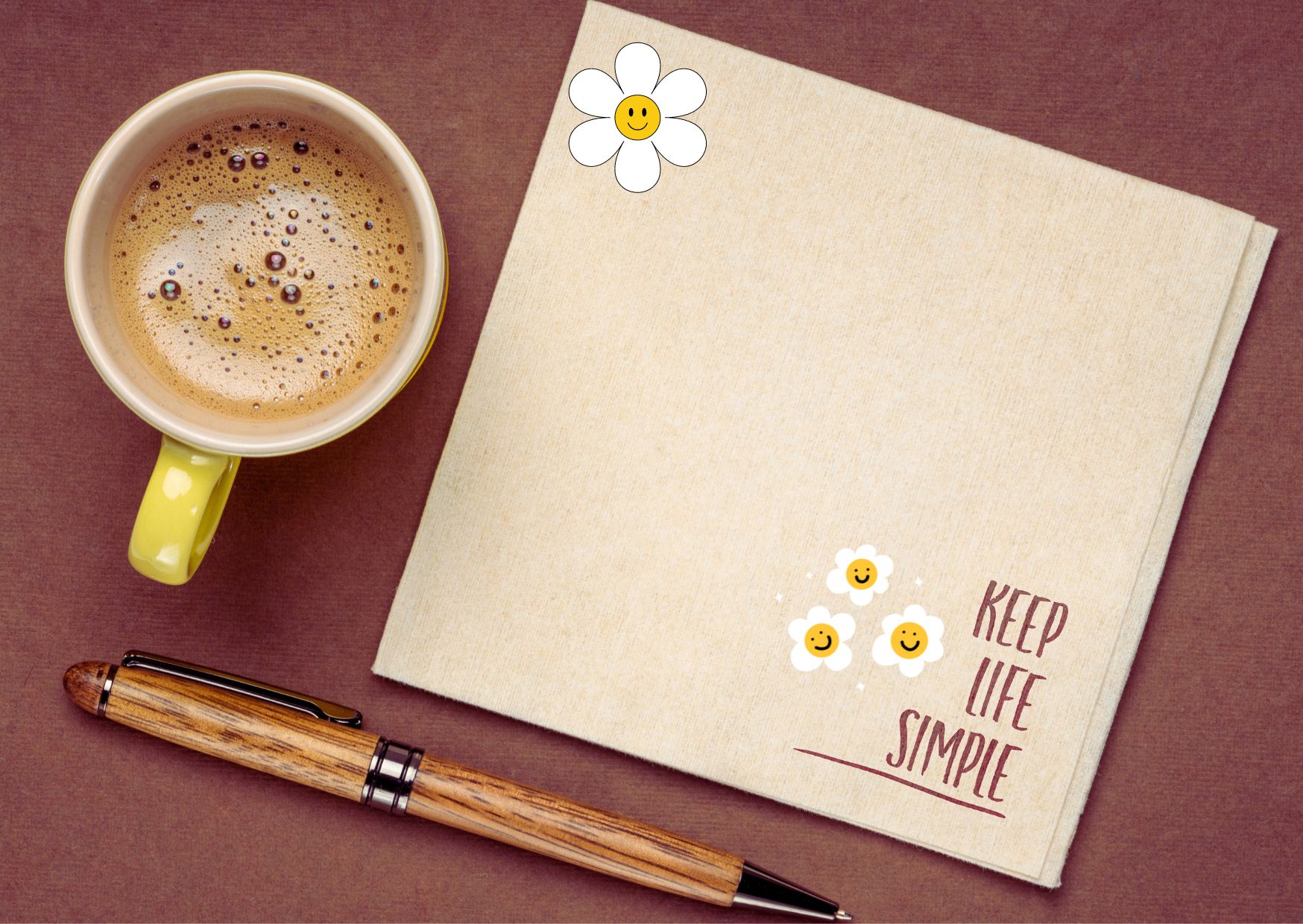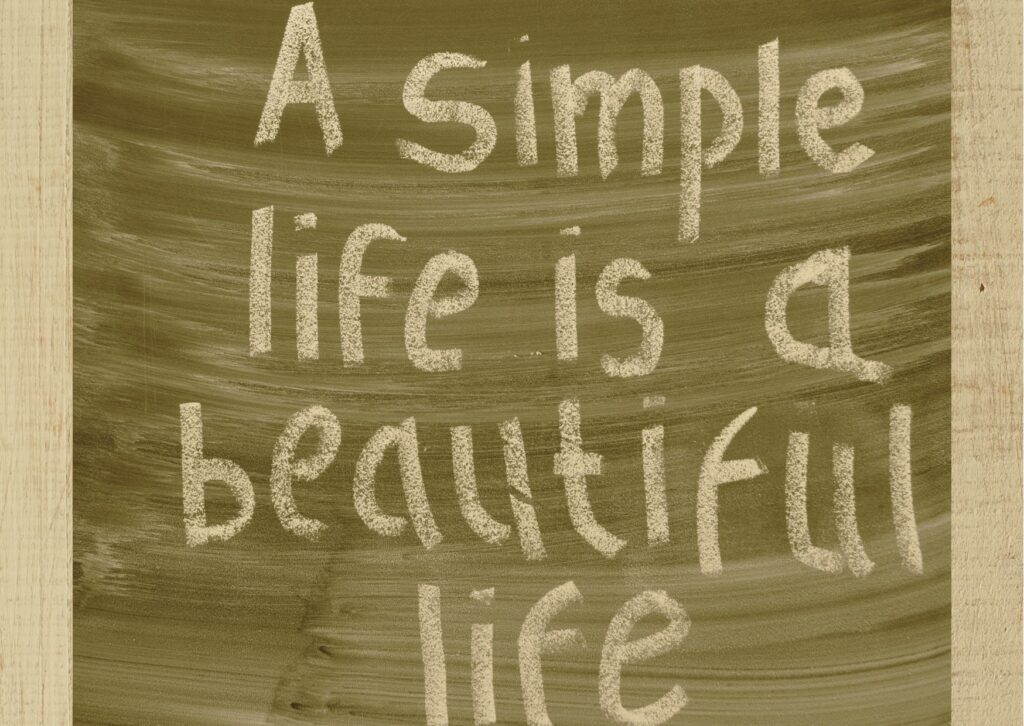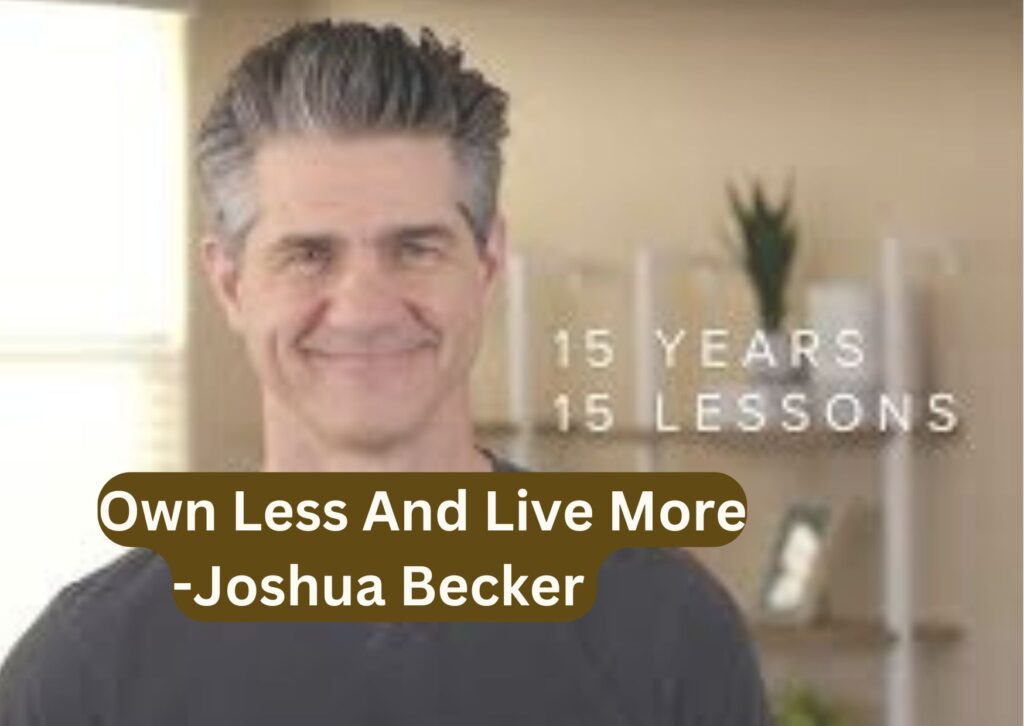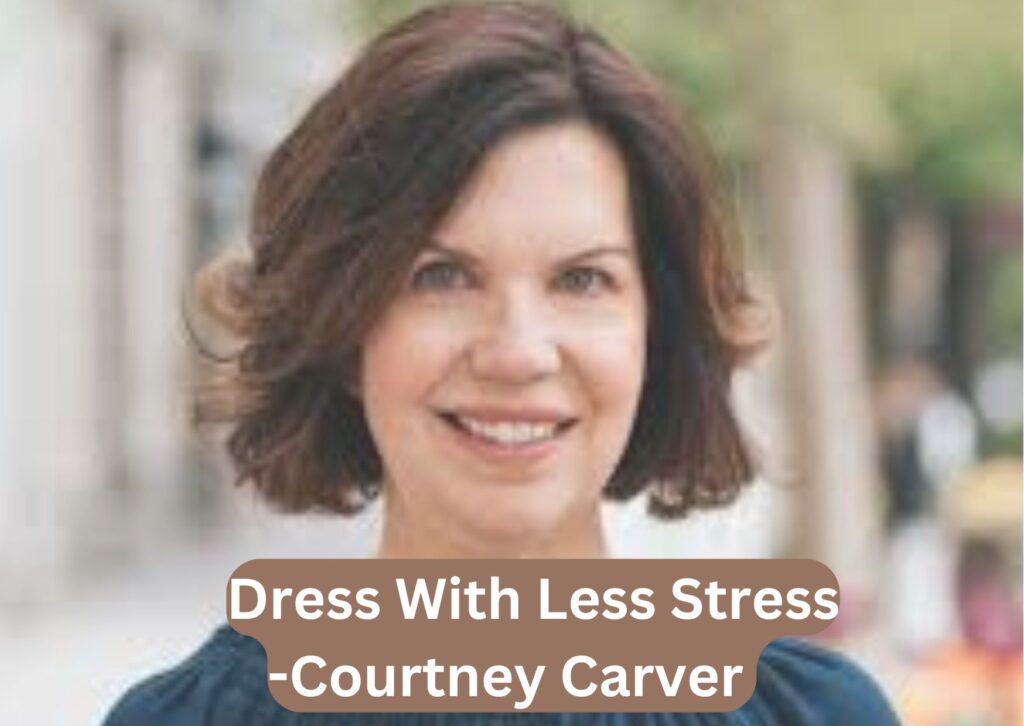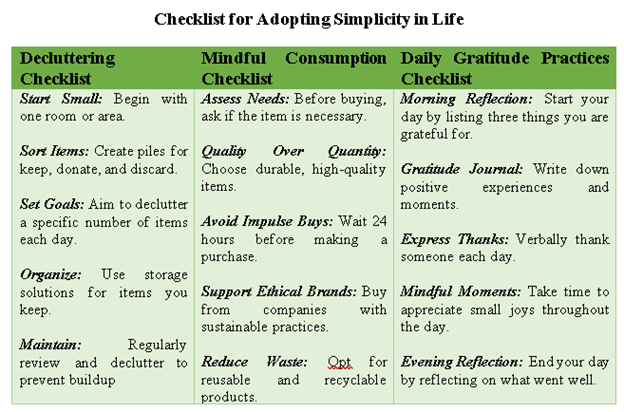Introduction
Have you ever thought about living a simple life instead of a complicated one?
Imagine waking up every day with a clear mind, free from the clutter of too many things and a packed schedule. Living a simple life means focusing on what matters, which can make you happier, less stressed, and more fulfilled.
In today’s fast-paced world, simplicity often gets overlooked as we chase after more stuff, achievements, and complexity.
This article will explore how to live a simpler life, offering ideas, practical tips, and real-life stories to help you embrace a simpler, more meaningful way of living.
What Does Living a Simple Life Mean?
Living a simple life means focusing on what matters, which can make you happier, less stressed, and more fulfilled. Living simply means cutting out unnecessary things and focusing on what’s truly important. It involves clearing both physical clutter (like too much stuff) and mental clutter (like stress and distractions).
It’s about enjoying everyday moments, being mindful, and feeling content with what you have. Research shows that people who live simply often feel less stressed and have better mental health.
Why Should You Choose a Simple Life?
There are many reasons to choose a simpler life, like wanting to clear your mind, save money, or live more sustainably. Many people have downsized their homes, reduced their belongings, and found greater happiness as a result. On a larger scale, living simply can reduce consumerism and have a positive impact on the environment. Studies show that those who live simply often feel more satisfied with their lives.
What are the Financial Benefits of Living a Simple Life?
Living simply can also save you money. By cutting unnecessary expenses and focusing on what you need, you can save more and achieve financial stability. For example, studies have found that people who practice minimalism tend to have less debt and more savings.
Can Living Simply Improve Your Mental Health?
Yes, living simply can have a big impact on your mental health. When you reduce clutter and focus on what’s important, you can lower your stress and anxiety levels.
Research shows that people who simplify their lives often feel more in control and experience greater psychological well-being. Having fewer material things and commitments can also give you a greater sense of freedom.
How to Start Living a Simple Life?
Living simply in today’s complex world takes some effort, but it’s doable. Here are some tips to get you started:
Declutter Your Space
Start by getting rid of things you don’t need. This can create a calmer, more peaceful environment.
Build meaningful relationships with your family
Spend time building and maintaining meaningful relationships with your family. These connections are often the most rewarding parts of life.
A strong family relationship enriches your life and offers a sense of belonging and purpose that nothing else can replace
Be Mindful of What You Buy
Think carefully before you buy something. Ask yourself if it adds value to your life.
Recommendation: Life Awakening: Mindful Living Journey
Simplify Your Schedule
Cut back on unnecessary commitments and make time for activities that bring you joy and relaxation.
Practice Gratitude
Regularly remind yourself of what you’re thankful for. This helps you appreciate what you have and stay grounded.
Challenges of Living a Simple Life
Living simply isn’t always easy. It can be tough to resist societal pressure to buy more or keep up with others. But you can overcome these challenges by setting clear goals, finding support from others who share your values, and practising mindfulness.
People who successfully navigate these challenges often feel more in control and happier.
Balancing Growth with Simplicity
Living simply doesn’t mean you stop growing or improving yourself. It’s about finding a balance between personal growth and a minimalist lifestyle. Set realistic goals, keep learning, and avoid the trap of trying to be perfect.
Simplicity isn’t about stagnation it’s about growing in ways that matter, like improving yourself and nurturing relationships.
Real-Life Examples
Hearing about real people who have embraced simplicity can be inspiring. For instance, Joshua Becker went from living a cluttered life to becoming a minimalist and now shares his journey and insights through his popular blog, Becoming Minimalist, where he inspires others to simplify and find joy in less.
Joshua Becker went from living a cluttered life to becoming a minimalist and now shares his journey and insights through his popular blog, Becoming Minimalist, where he inspires others to simplify and find joy in less.
He highlighted fifteen lessons he derived during his journey of becoming a minimalist:
- The Power of Less
- Real Wealth is Intangible
- Contentment Cannot Be Purchased
- The Richness of Giving
- Comparison is the Thief of Joy
- Minimalism is a Lifelong Journey
- Intentionality is the Key to Joy
- Minimalism Sparks Spiritual Growth
- Our Identity is Not Defined by What We Own
- Our Kids Are Watching Us More Than We Think
- Minimalism Forces Clarity
- Money Can Be Spent on Better Things Than Material Possessions
- Minimalism is Personal
- Selfless Work is Often the Most Meaningful
- The World Needs Minimalism
To learn more about these points in detail, go through the video below.
Another example is Courtney Carver an author and blogger, who began her journey towards minimalism after a health scare made her reassess her life, leading her to simplify and declutter.
Courtney Carver created the Project 333 challenge, which encourages people to wear only 33 items of clothing for three months, helping them discover the freedom and creativity that come from living with less.
Through this project, she inspires others to embrace simplicity and intentionality in their wardrobes, helping them discover the freedom and creativity that come from living with less. These stories show how powerful simplicity can be.
Quotes to Inspire Simplicity
Here are some quotes that capture the essence of living simply:
- “Simplicity is the ultimate sophistication.” – Leonardo da Vinci
- “The greatest wealth is to live content with little.” – Plato
- “Simplicity isn’t about doing without. It’s about appreciating what truly matters.” – Anonymous
Conclusion
Choosing to live a simple life is more than just a trend—it’s a meaningful shift toward greater well-being and fulfilment.
By embracing simplicity, you can reduce stress, improve your quality of life, and contribute to a more sustainable world. Start small, stay mindful, and enjoy the journey toward a simpler, more fulfilling life.
So dear readers, reflect on your own life and share your thoughts in the comments section. What steps have you taken towards simplicity? What challenges have you faced? How has simplicity impacted your well-being?
Consider exploring these highly recommended books:
- Goodbye, Things: The New Japanese Minimalism” by Fumio Sasaki – Provides insights into living a simpler life by letting go of excess possessions.
- Essentialism: The Disciplined Pursuit of Less” by Greg McKeown- Focus on what truly matters by eliminating the non-essential. It provides practical strategies for simplifying your life and increasing your effectiveness
FAQs on Simplicity in Life
How do I start living simply?
Start by decluttering your space, focusing on meaningful relationships, and being mindful of what you buy. Take small steps and make changes that align with your values.
Is simplicity the same as minimalism?
While they’re similar, simplicity is about living with intention and focusing on what matters, while minimalism is more about reducing physical possessions.
Can simplicity make me happier?
Yes, simplifying your life can reduce stress and increase your overall happiness and well-being.
What are the challenges of living simply?
Challenges include societal pressures to consume more and the difficulty of changing old habits. But with clear goals and mindfulness, these challenges can be overcome.
Can I live simply in a busy city?
Yes, living simply is about your mindset and choices, not just your surroundings. You can simplify your life no matter where you live.
References
Andrews, C., & Urbanska, W. (2009). Less is more: Embracing simplicity for a healthy planet, a caring economy and lasting happiness. New Society Publishers.
Maeda, J. (2006). The laws of simplicity. MIT press
Lloyd, K., & Pennington, W. (2020). Towards a theory of minimalism and wellbeing. International Journal of Applied Positive Psychology, 5(3), 121-136.
Shi, D. E. (2001). The simple life: Plain living and high thinking in American culture. University of Georgia Press.

